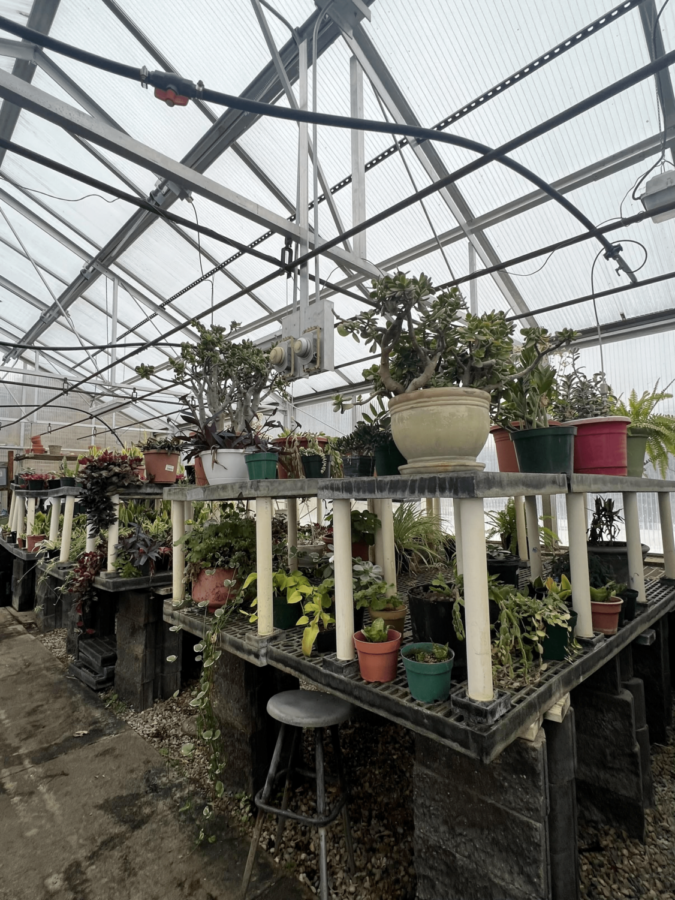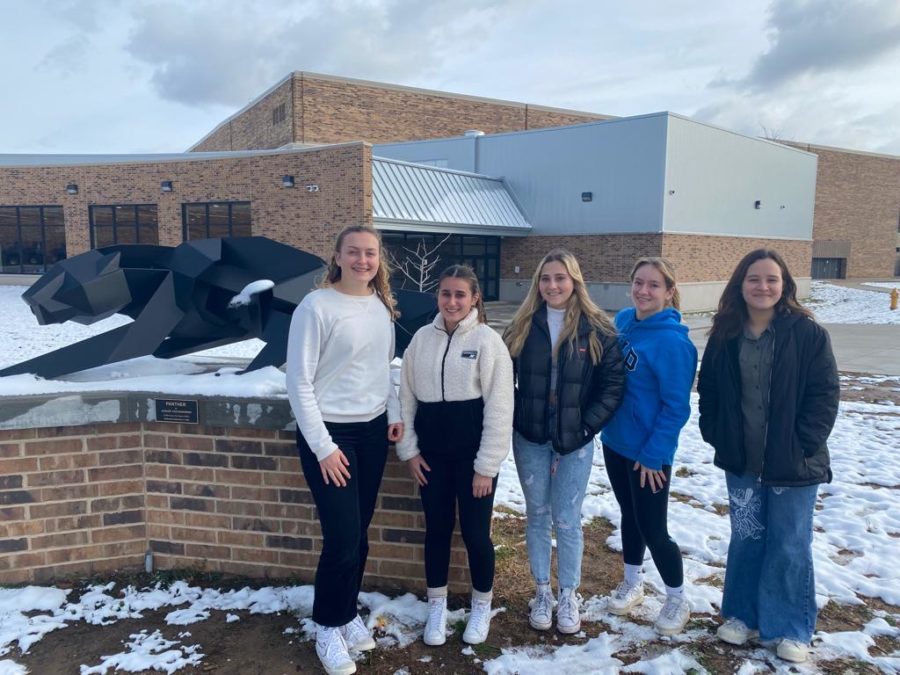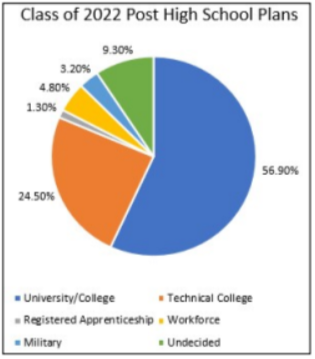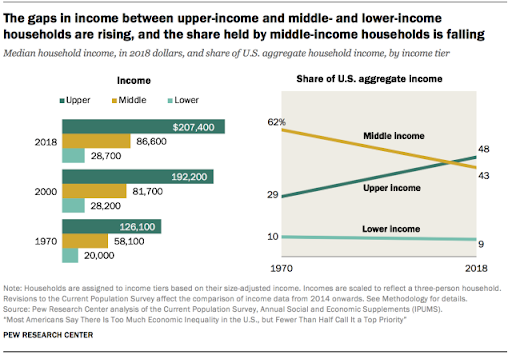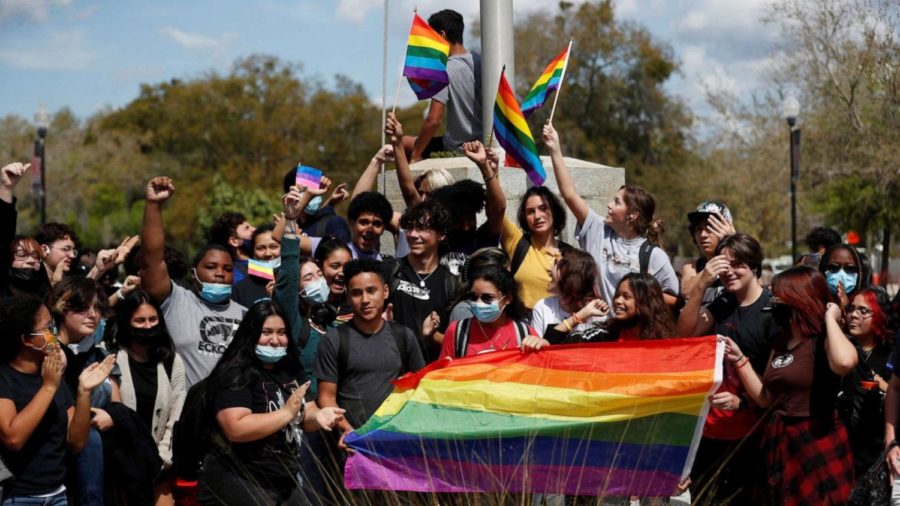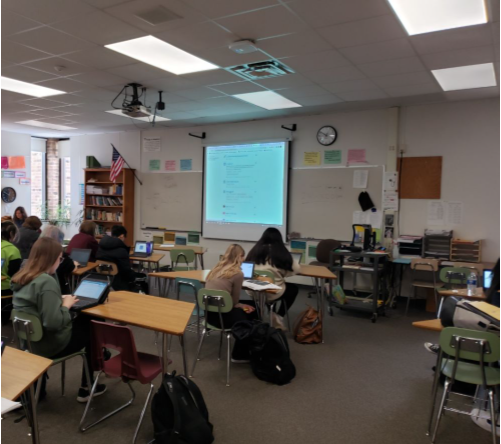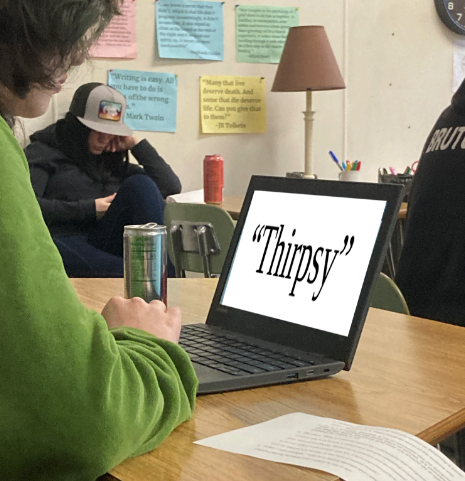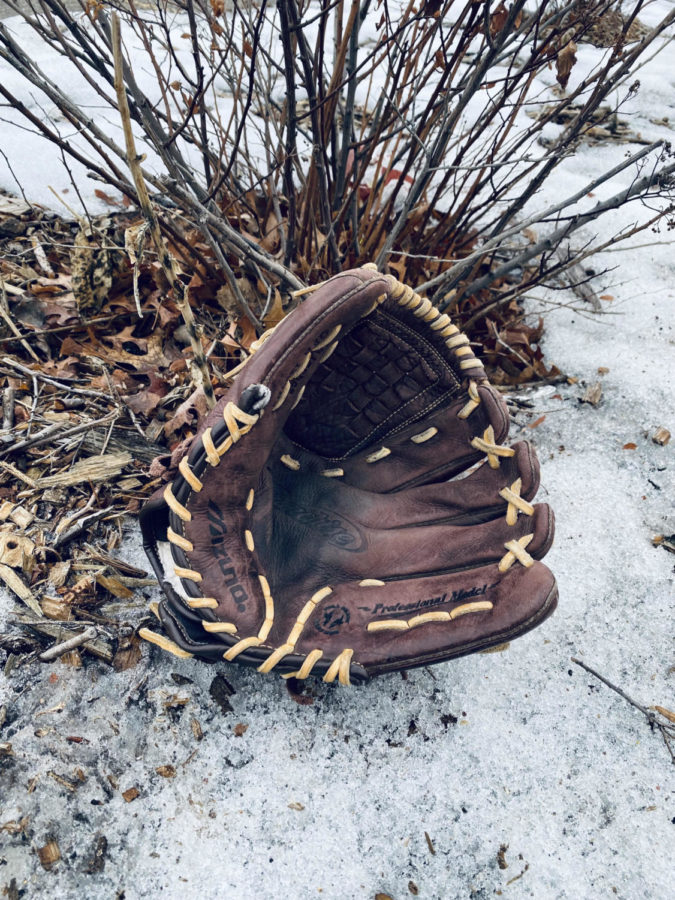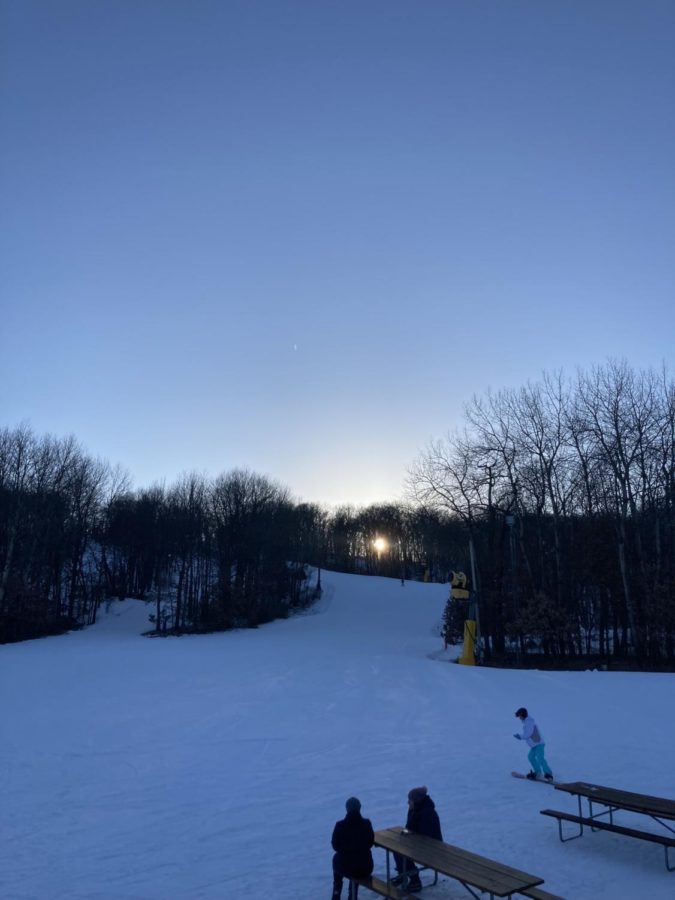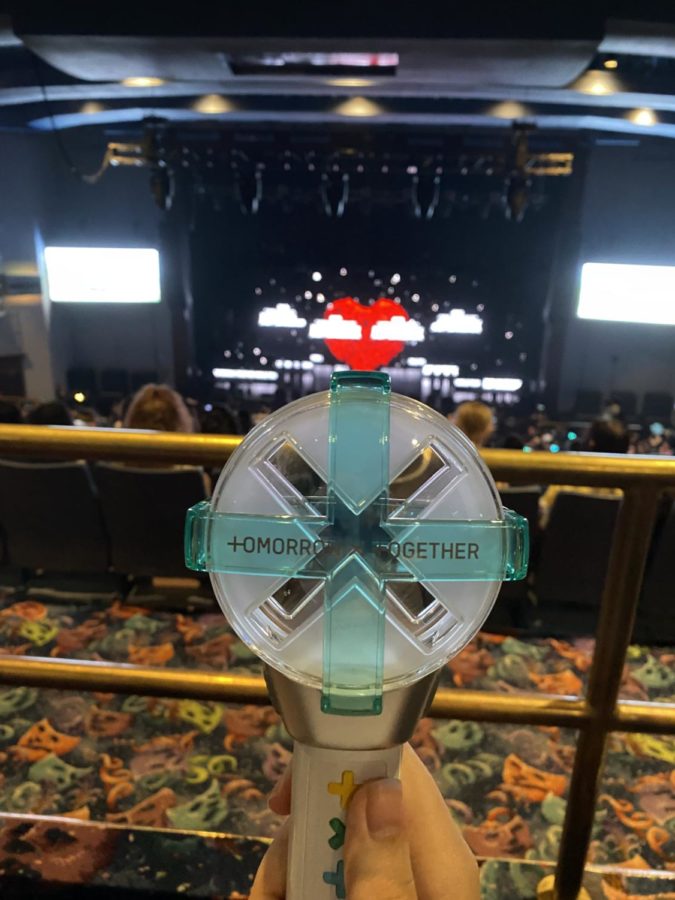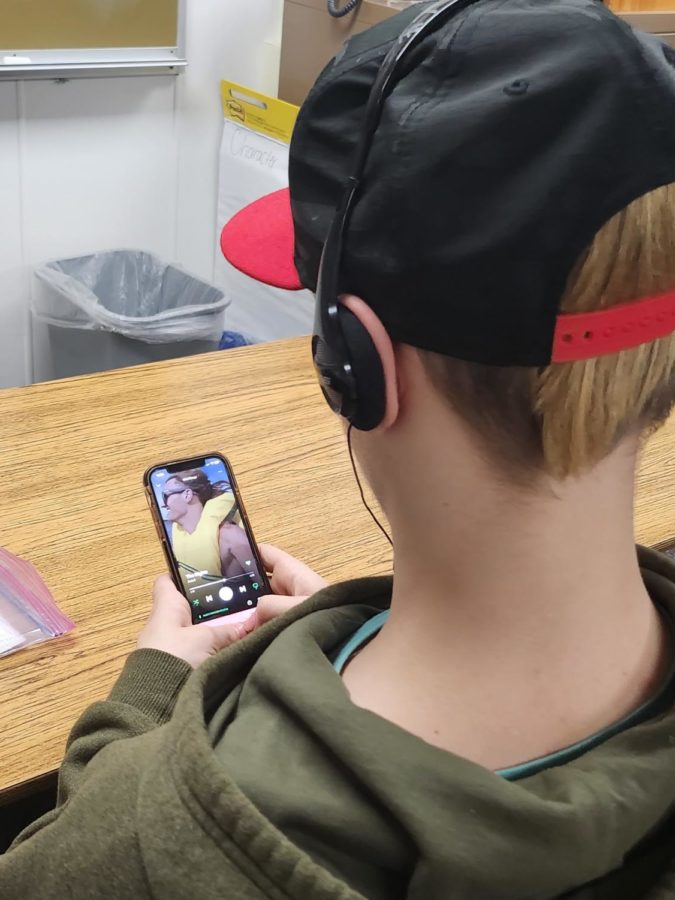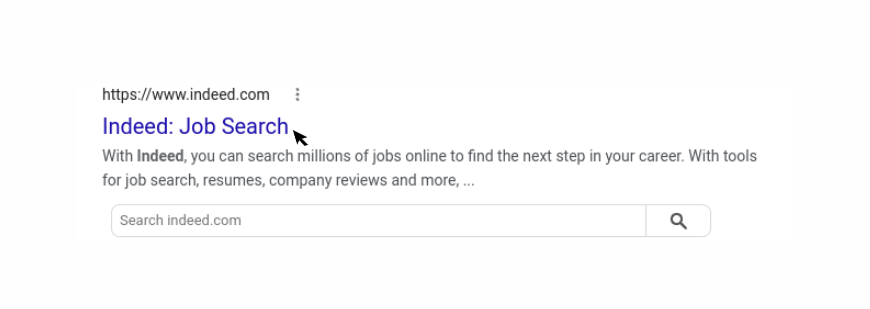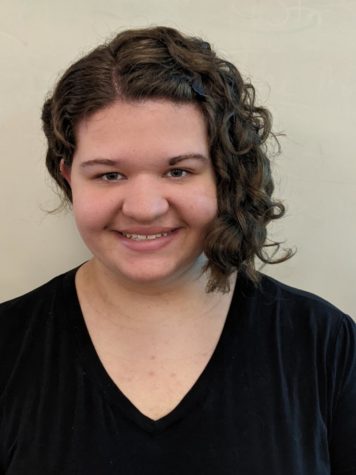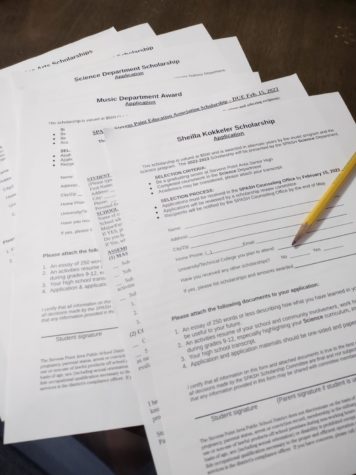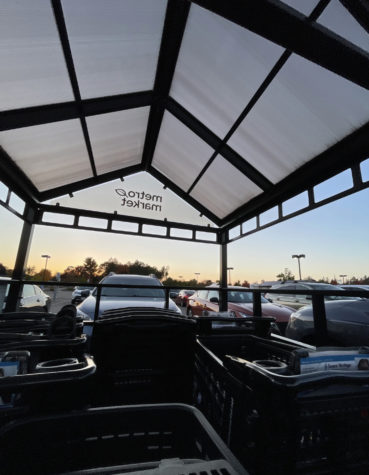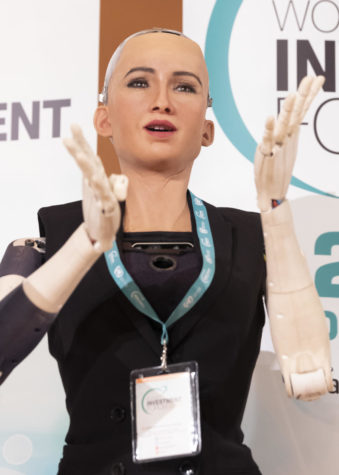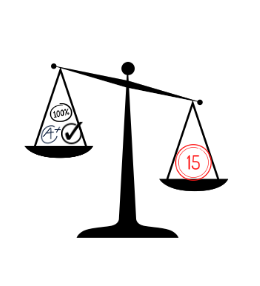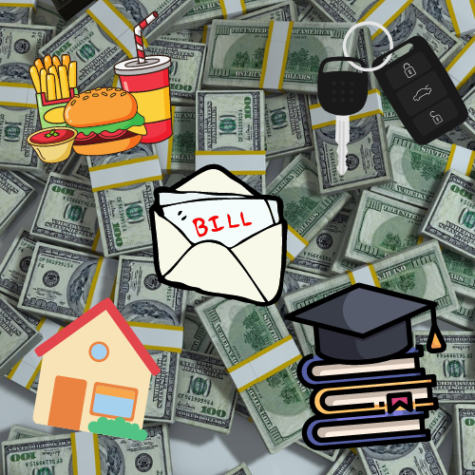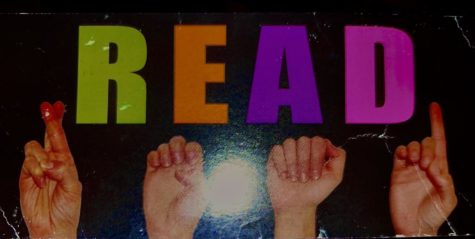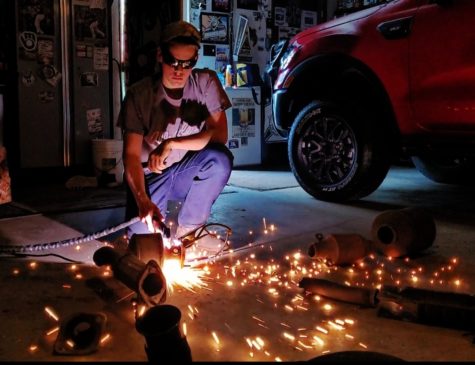How to Find a Job
This picture represents a person about to use the website “Indeed” which is a job searching site. Taken by Taylen Kowalski
December 16, 2022
Walking into a family get-together event, and one of the first questions asked is “What are you planning to do after high school?” or “Have you found a college yet?” Maybe you are prepared for the question and can lay out a plan for them, but what if you are not prepared? High schoolers are constantly faced with the looming subject of future steps after their high school journey. With all the possibilities and pathways, navigating a future plan seems unbearable. Career searching does not have to be a stressful task when broken down into steps.
What Are Students Feeling?
SPASH students are feeling lost when it comes to career decision plans. According to a survey done with forty-two participants, SPASH students are facing feelings of uncertainty.
Out of the survey, nearly half of students do not have a clear idea of plans after graduation. When asked about college plans, 27.9% of students are planning to attend college with an undecided major, while 25.6% are still debating on whether to go to college or not. This data suggests that there is a common theme of indecisiveness among students.
A large number of students are at a point where they don’t feel a sense of direction. From the same survey, over 60% of students have feelings of stress when it comes to career searching. Unfortunately, the data shows a higher number of students feeling stressed, and many high schoolers relate to this feeling. Although it may seem frustrating, this is a valid feeling to have.
A Guide to Working Through Career Searching; In Three Steps
There are ways to help ease the stress and overcome the challenges that come with career searching. The three tactics to help move forward are: complete the process in smaller amounts, discover likes and dislikes, and ask for help to develop a plan.
Step 1:
Take tasks in smaller chunks at a time. There are many different stages along the process of career exploration, but tackling them in baby steps decreases some stress. Although not everyone is planning on going to college, this statement is a perfect example of starting with a smaller goal. Brigitta Altmann, Career & Technical Education Coordinator and Youth Apprenticeship Coordinator, acknowledges, “I think students come in more stressed about the college application process, … you know making sure they get their college applications in.” Making lists to help cross steps off can be a helpful motivator. Sometimes, getting through the first few barriers makes the whole process a little less overwhelming.
Step 2:
Another good beginning phase is finding out more about one’s identity. In the simplest form, figuring out interests and dislikes. Altmann mentions the many possibilities to get a better idea of strengths and interests. Resources such as career matchmaker assessment, learning about career clusters, and job shadowing. In addition to learning new things, students can get a better understanding of possible pathways around them. When you can understand your own interests it becomes easier to apply those in future jobs.
Step 3:
Lastly, the final step is to ask for help when developing a plan. Forming a plan isn’t only for students who wish to go to college. Everyone’s plan will look different, and sometimes will have to be changed. Altmann invites students into the Career Center at SPASH because staff members are willing to help. Asking for help is the best way to face adversity head-on. Future planning doesn’t have to be something a student does on their own. Getting help to develop a plan, will put you on the road to success.
Uncertainty is Okay
Even if someone is still unsure of what to do, there is time to figure everything out. Sometimes plans don’t follow through as we expect. Reid Gust, Entrepreneur and Business teacher, says, “Don’t be afraid to find different jobs and try new things. You will probably learn things along the way that you want to do.” The best way to learn is through trial and error, and by gaining those real-life experiences. There is no harm in trying and putting effort towards something.
Explore the World of Opportunity
Although future planning is a process, it isn’t impossible. High school is the time to figure out interests and more importantly individuality. Not having a plan doesn’t mean you don’t have a vision. There is no right or wrong in career searching, but rather experiences you learn along the way.






